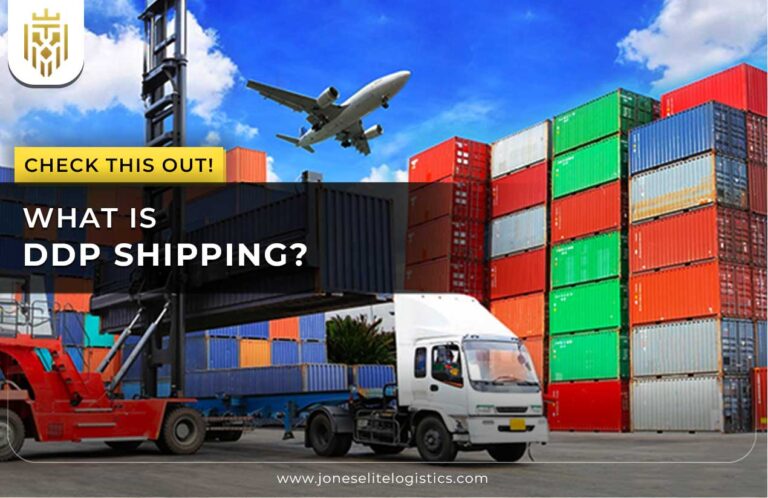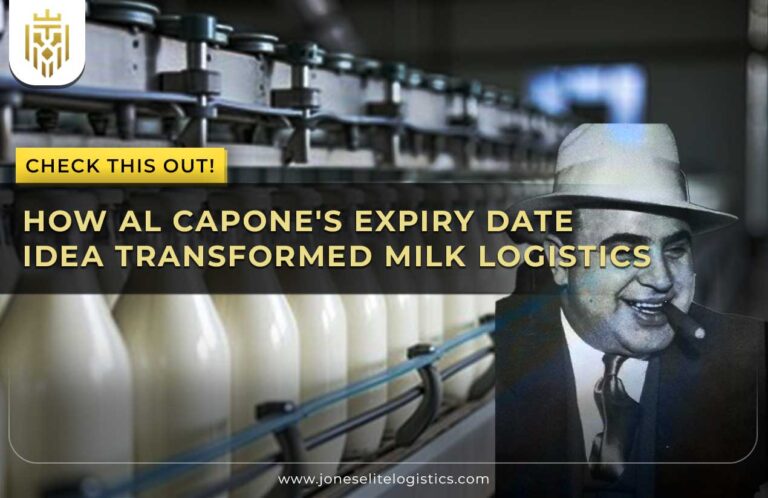What is Manufacturing Logistics?
Manufacturing Logistics involves the strategic management of procurement, movement, and storage of materials, production of parts, and dispatch of finished goods. It ensures efficient flow of materials and information within the organization and logistics in manufacturing industry to meet customer needs. Effective supply chain management in industrial manufacturing integrates production processes, material handling, and distribution channels, ensuring seamless operation and customer satisfaction.
Importance of Manufacturing Logistics
Manufacturing Logistics is crucial for improving efficiency, reducing costs, and enhancing customer satisfaction. By aligning production schedules with material availability, it minimizes delays in production logistics. Manufacturing and logistics also help maintain product quality by storing goods optimally, ensuring compliance with regulations, and enabling real-time data exchange for better forecasting and decision-making.
Components of Effective Manufacturing Logistics :
Key components of manufacturing logistics include materials management, production logistics, warehousing, and transportation. Efficient inventory control, production planning, and optimized distribution channels ensure smooth operations, reduce costs, and improve overall supply chain management in industrial manufacturing.
Materials Management:
Materials management is essential in manufacturing logistics as it ensures the timely availability of raw materials. Using Material Requirements Planning (MRP), companies manage inventory levels and procurement to meet production demands. It also encompasses quality control and inventory storage, key factors in logistics in the manufacturing industry.

Production Planning:
Production logistics and planning play a vital role in avoiding bottlenecks, meeting customer demand, and improving productivity. A well-executed plan ensures the efficient flow of materials and supply chain management, reducing costs while enhancing product quality.

Warehousing and Storage:
Effective warehousing and storage ensure goods are organized and accessible, improving logistics in manufacturing industry. Strategic inventory management, demand forecasting, and order processing help manufacturers reduce costs and meet customer expectations on time.

Transportation and Distribution:
Transportation is a critical aspect of manufacturing logistics, moving goods from production to consumers. Efficient distribution channels and last-mile delivery are crucial for customer satisfaction. Optimizing transportation routes can reduce operational costs and enhance production logistics.

Challenges of Logistics in the Manufacturing Industry :
Challenges in manufacturing logistics include rising transportation costs, supply chain disruptions, and fluctuating demand. These issues affect production timelines, increase costs, and strain the efficiency of logistics in the manufacturing industry.
Transportation Cost:
Rising fuel prices and infrastructure limitations are significant challenges for manufacturing and logistics. High transportation costs require innovative solutions, such as upgrading infrastructure and optimizing delivery routes, to maintain profitability in industrial manufacturing.
Supply Chain Visibility:
Lack of real-time data in supply chain management hampers decision-making. Delays, inefficiencies, and fragmented supplier networks can disrupt operations, emphasizing the need for enhanced visibility in manufacturing logistics.
Fluctuating Demand:
Fluctuating demand strains logistics in the manufacturing industry, impacting inventory management and transportation capacity. Efficient demand forecasting and real-time reporting systems are essential to managing these challenges.
How to Optimize Manufacturing Logistics Operations
Optimizing manufacturing logistics requires a strategic approach, including inventory management, transportation planning, and warehouse automation. Collaboration across departments, real-time data exchange, and robust supply chain management can streamline operations and boost efficiency in production logistics.

FAQs
1) What is Manufacturing Logistics?
Manufacturing logistics involves managing the procurement, movement, storage of materials, production processes, and distribution of finished goods, ensuring efficient flow of information and resources to meet customer demands.
2) What are the Components of Effective Manufacturing Logistics?
Key components include materials management, production planning, warehousing and storage, and transportation. These elements work together to streamline operations, improve efficiency, and enhance overall supply chain management.
3) What is the Importance of Manufacturing Logistics?
Manufacturing logistics is crucial for improving efficiency, reducing costs, ensuring timely deliveries, maintaining product quality, and enhancing customer satisfaction, ultimately contributing to a company’s competitive advantage in the market.
4) How to Optimize Manufacturing Logistics Operations?
Optimize operations by implementing strategic inventory management, transportation planning, and warehouse automation. Foster collaboration across departments, leverage real-time data, and continuously analyze the supply chain for improvements to enhance efficiency.







